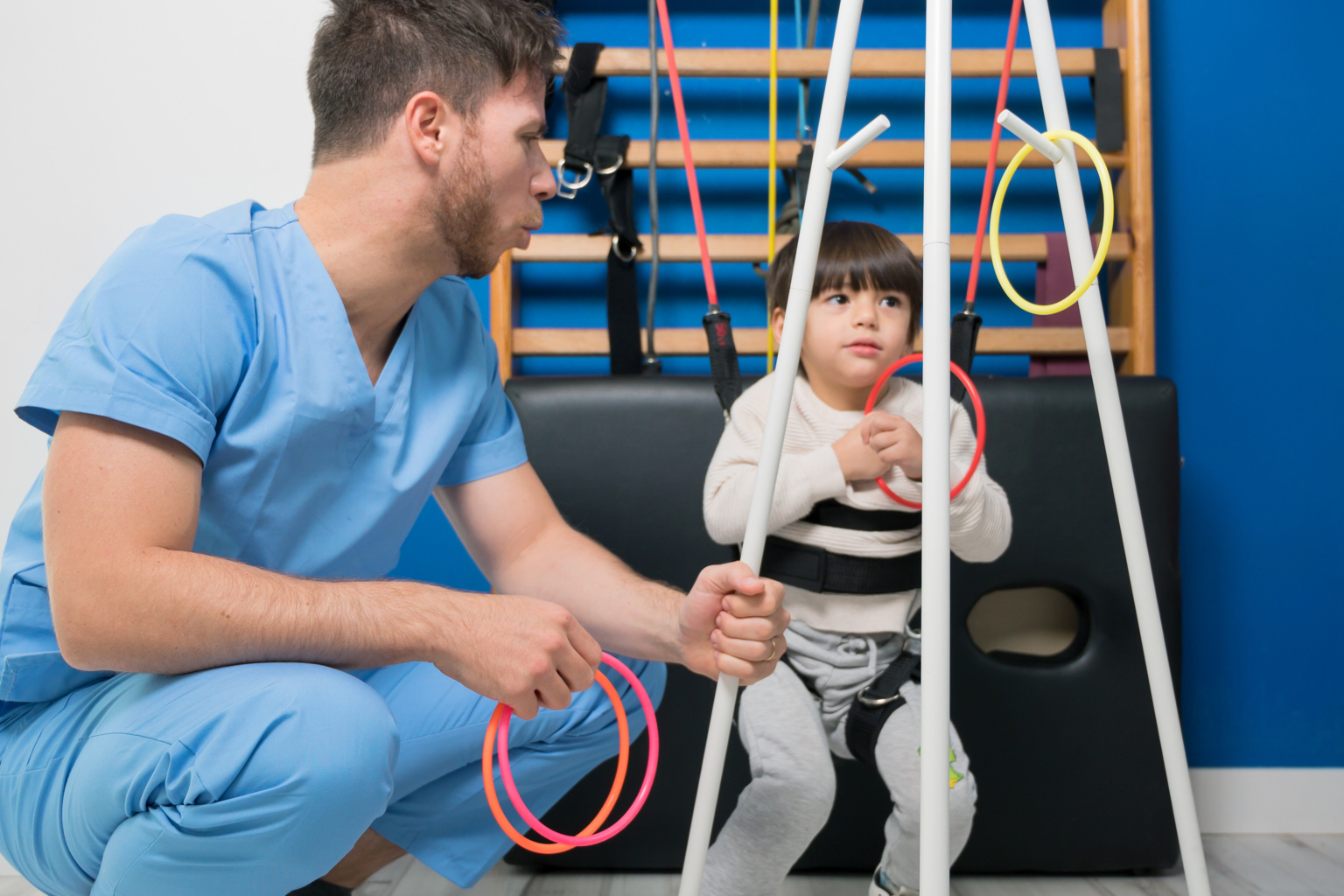Early intervention is a vital support system for young children who have a disability or are experiencing developmental delay. It refers to specialised services that help children develop the skills they need to take part in everyday activities and reach their potential. These supports are tailored to the child’s individual needs and are typically offered during the early years of life, when a child’s brain is rapidly developing.
According to the NDIS Early Childhood Approach, early intervention aims to improve a child’s functional capacity by building skills in areas such as communication, movement, and social interaction. It also supports families and carers by helping them better understand their child’s needs and build confidence in their role. The New South Wales Government also highlights that the earlier support begins, the greater the chance of improving long-term outcomes for children and reducing the need for ongoing services later in life.
Early intervention does not follow a one-size-fits-all approach. It is evidence-based, child-focused, and often involves working closely with family members to create consistent, supportive environments across home, childcare, and the community.
Who Early Intervention Is For and What It Includes
Early intervention provides specialised support to help children with disability or developmental delay build skills and participate in daily life. It focuses on strengthening a child’s ability to engage in everyday activities while also supporting families and carers.
What is Developmental Delay
Developmental delay refers to when a child is taking longer than expected to reach milestones in areas like movement, language, or learning. Early intervention is particularly important in these cases, as it can help address concerns before they become more significant.
What Age is Early Intervention?
Early intervention is generally available for children aged 0 to 6. Under the NDIS Early Childhood Approach, support is available to eligible children in this age group even if they do not have a formal diagnosis. After age six, children must usually have a diagnosed disability to access NDIS support.
Examples of Early Intervention Supports
- Therapy – such as speech therapy, occupational therapy, and physiotherapy
- Developmental programs – tailored to build communication, social, and physical skills
- Parent and family support – helping families build capacity and confidence
- Equipment or assistive technology – such as mobility aids or communication devices
These supports are delivered in everyday settings like the home, childcare, or community spaces, and are adapted to each child’s goals and routines.
Why Early Intervention Matters
The early years are a critical time in a child’s development. During this period, the brain is growing rapidly and is most responsive to learning and change. This means children have a greater capacity to develop new skills, adapt to challenges, and build strong foundations for future learning.
Early intervention takes advantage of this developmental window. By identifying concerns early and providing targeted support, children are more likely to meet key developmental milestones and build confidence in their abilities. This highlights why early intervention plays such a crucial role.
Providing the right support early can also reduce the need for more intensive or long-term services later in life. For some children, early intervention may help them move forward without needing further support. For others, it may reduce the level of support required as they grow older. Either way, early action helps set children up for greater independence, improved well-being, and fuller participation in their community.
What Early Intervention Looks Like in Practice
Early intervention is most effective when it happens in the environments where children live, play, and learn—such as the home, childcare, or local community settings. Rather than taking children out of their daily routines, supports are embedded into everyday activities and tailored to suit each child’s unique needs.
A family-centred approach is key. Parents and carers are recognised as the most important people in a child’s life, so early intervention often involves working closely with families to build their skills and confidence. Support is designed to be flexible, practical, and focused on what matters most to the child and their family.
Early intervention may involve coordinated support from a range of professionals, including:
- Allied health practitioners such as speech pathologists, occupational therapists, or physiotherapists
- Early childhood educators who implement strategies within care and learning environments
- Family support services that address broader needs, including emotional wellbeing and community connection
As outlined by the Raising Children Network, integrating early intervention into familiar settings helps children feel safe, supported, and more receptive to learning. This collaborative and tailored approach ensures that children receive support in ways that are meaningful, consistent, and integrated into their everyday lives.
Does Early Intervention Work?
Early intervention makes a meaningful difference in children’s lives—especially when support is delivered early and tailored to individual needs. It can help children develop important skills, increase their confidence, and improve their overall quality of life.
According to the Better Health Channel, early intervention is most effective when it begins as soon as concerns are noticed. Evidence shows it can help children achieve improved outcomes in communication, behaviour, learning, and independence—particularly when families are actively involved.
Early intervention may help children:
- Communicate more effectively, including improving speech with speech therapy, understanding, and social interaction
- Become more independent, such as learning to dress, eat, or play with others on their own
- Participate more fully in family routines, early learning environments, and community activities
Positive outcomes are most likely when supports are flexible, developmentally appropriate, and involve the child’s family. Families play a vital role in creating opportunities for children to practise new skills throughout the day, which helps reinforce learning and encourages progress over time.
While every child is different, early intervention gives children the best chance to reach their potential and thrive in the environments that matter most to them.
Accessing Early Intervention
In Australia, families can access early intervention in several ways. This ensures that children can receive timely support based on developmental needs, rather than waiting for formal assessments.
Options include:
- NDIS early childhood partners – who support children aged 0–6 with developmental concerns or disability, and help connect families to services, or assist with NDIS access
- Local community health services – including child health nurses and early intervention clinics
- Self-referral – families can speak directly to their GP, paediatrician, or early childhood educator for guidance and referral to support services
If you’re concerned about your child’s development, it’s best to act promptly. Starting a conversation early can help you understand your options and connect you with the right support for your child and family.
Start Early with Support You Can Trust
If your child isn’t meeting developmental milestones or if they’ve been diagnosed with a developmental delay or disability, early intervention can make a meaningful difference. It starts with a conversation and a personalised plan tailored to your child’s unique strengths and needs.
At LEAP Centre, we believe in the power of early support to unlock each child’s potential. Our experienced team has delivered over 12,600 therapy sessions, supported more than 300 families, and completed 35+ specialised courses to provide care that’s both evidence-based and deeply personal. With over 52 years of combined experience, we offer therapies such as occupational therapy, speech therapy, and physiotherapy in our clinic, at home, or in your child’s school, wherever support is needed most.
Let’s work together to support your child’s development.







